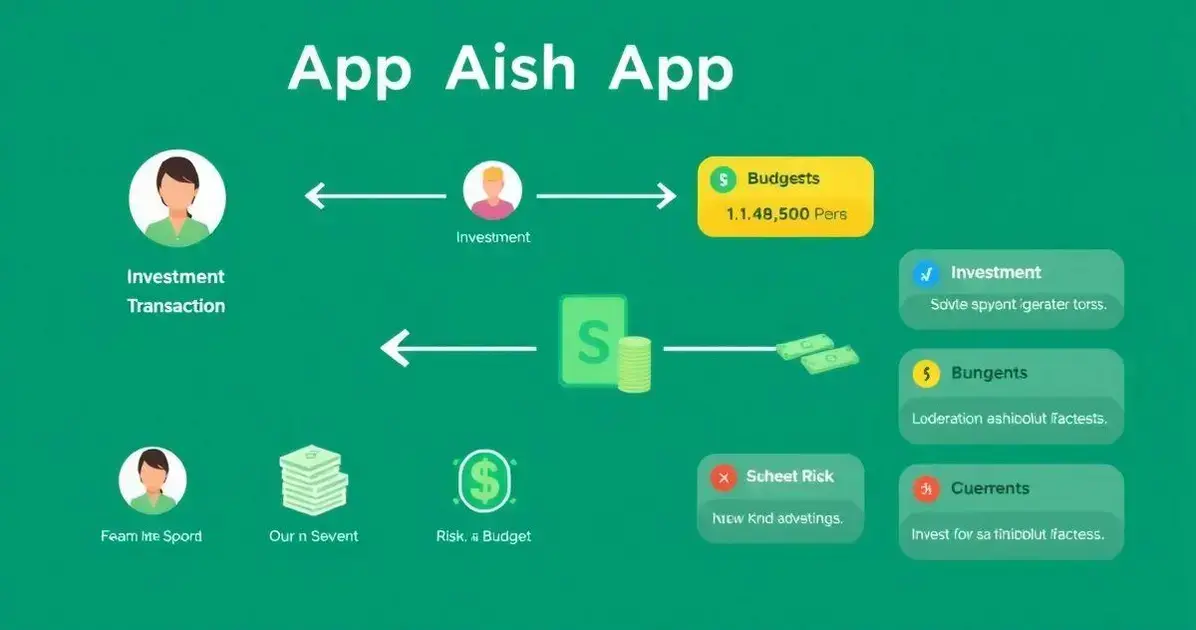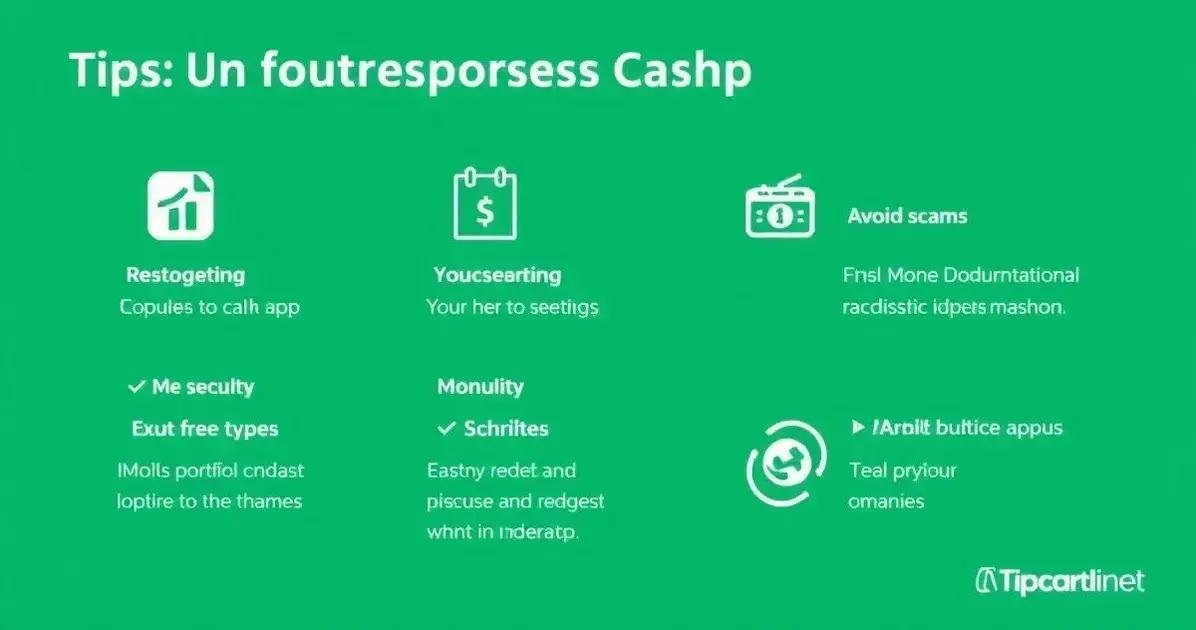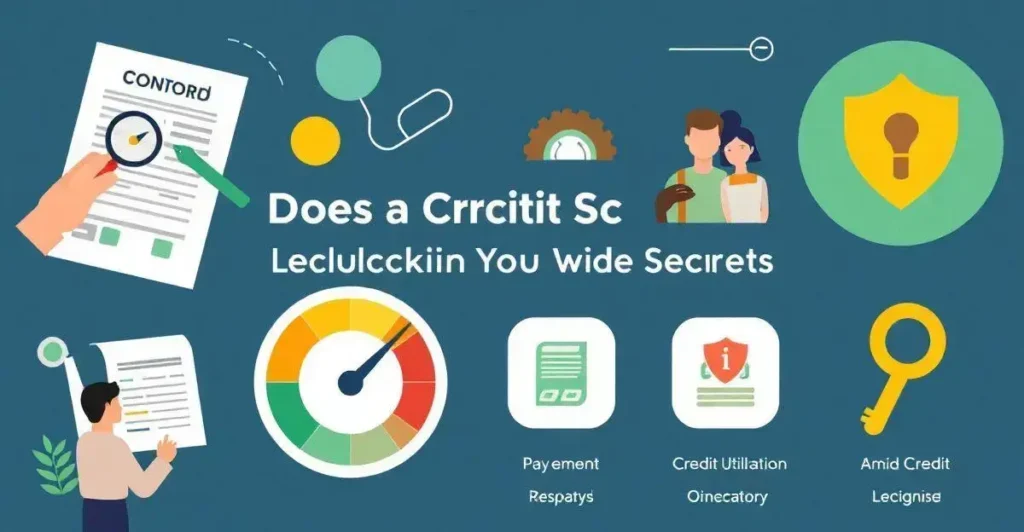Does Cash App Affect Your Credit Score? This question has become increasingly common among users who want to stay on top of their finances without any surprises. With so many features in the app, it’s natural to wonder if using it can impact your credit history.
Many people confuse payment apps with tools that build or damage credit scores, but the connection isn’t always that straightforward. The key lies in the details—and in how you use Cash App in your daily life.
If you’re already using the app or thinking about trying it, it’s worth understanding how it fits into your financial picture. Keep reading to find out what really can affect your score.
Understanding Cash App and Its Features
Understanding Cash App is essential for anyone looking to manage their finances effectively. Cash App is a mobile payment service that allows users to send and receive money seamlessly. It was launched by Square, Inc., and has become increasingly popular due to its user-friendly interface and various features.
Key Features of Cash App
One of the main features of Cash App is its ability to transfer money quickly between users. Simply enter the recipient’s phone number or email address to send funds. In addition to money transfers, Cash App offers the ability to buy and sell Bitcoin and even invest in stocks. This versatility makes it a convenient financial tool.
Cash Card
Another exciting feature is the Cash Card, a customizable debit card linked to your Cash App balance. This card lets you spend your Cash App funds in stores or online, just like a regular bank debit card. Users can select their Cash Card design, making it a fun addition to the app.
Direct Deposit
Cash App also supports direct deposit for paychecks and government benefits. You can set up direct deposit by obtaining your unique routing and account number within the app. This feature allows for faster access to your funds, often one or two days sooner than traditional banks.
Security Features
Security is a top priority for Cash App. The app employs several measures, including encryption, to keep users’ financial information safe. Additionally, you can activate a security lock to further protect your account and set up two-factor authentication for added security during transactions.
Conclusion of Features
In summary, understanding Cash App and its features provides users with the tools needed to manage money easily and securely. Whether you’re looking to transfer funds, invest, or spend directly, Cash App offers a variety of functions that can meet your financial needs.
How Cash App Works with Credit Scores
Understanding how Cash App works with credit scores is crucial for users concerned about their financial standing. Cash App itself does not directly report to credit bureaus. Therefore, using Cash App will not impact your credit score in a direct way.
Transaction Types and Credit Scores
The types of transactions you conduct through Cash App, such as sending money or receiving payments, generally do not affect your credit score. However, it’s important to be aware of how your overall financial behavior can have indirect effects.
Credit Checks and Cash App
If you’re applying for a Cash App loan or a credit card linked to Cash App, the lender may perform a credit check. This credit pull will show on your credit report and could influence your credit score. Maintaining a good credit history is key to securing favorable terms.
Using Cash App for Building Credit
While Cash App does not build your credit, using your cash balance responsibly is vital. Make timely transfers and keep track of your money management skills. Developing responsible habits can enhance your overall financial health, which may positively impact your credit score in the long run.
Potential Risks to Consider
Be cautious about overspending through Cash App. If you link a bank account or card, it’s possible to incur fees or overdraft charges, leading to financial strain. Such practices may indirectly affect your credit score, especially if they result in missed payments or debts.
Future Developments
As Cash App evolves, it is possible that they may introduce new features impacting credit scores. Staying informed about upcoming features and any changes in policies is beneficial for users who care about credit ratings.
Impact of Cash App Transactions on Credit

The impact of Cash App transactions on credit is an important consideration for users who want to maintain a healthy credit score. While using Cash App for transactions does not directly impact credit scores, there are indirect factors to consider.
Transaction Types and Their Effects
Sending and receiving money through Cash App typically does not affect credit scores because these transactions are not reported to credit bureaus. However, how you manage your Cash App balance can have implications for your financial habits.
Linking Bank Accounts and Spending
If you link a bank account or credit card to Cash App, it’s crucial to monitor your spending. Overspending can lead to overdraft fees, which may strain your finances. If these struggles cause you to miss payments on loans or credit cards, your credit score may take a hit.
Using Cash App for Investments
Cash App also allows users to invest in stocks and Bitcoin. While investing itself does not impact your credit score, financial behavior surrounding these investments can influence your overall financial health. Poor investment decisions could lead to financial stress, affecting your ability to make timely payments elsewhere.
Potential Risks of Cash App
While generally safe, Cash App users must be cautious of scams and other risks that can lead to financial loss. If scams result in unpaid bills or debts, these can negatively impact your credit score over time. Staying vigilant can protect your financial reputation.
Good Practices with Cash App
To ensure you’re using Cash App responsibly, consider setting a budget for how much money you send or receive. This practice tracks spending and keeps you from overspending, making it easier to manage your overall financial health.
Cash App and Your Financial History
Cash App and your financial history play a significant role in understanding your overall financial health. While Cash App does not report transactions to credit bureaus, it can help you manage and monitor your financial behavior.
Tracking Transactions
Using Cash App helps you track your spending patterns over time. By reviewing your transaction history, you can gain insights into your financial habits, identify areas for improvement, and make informed decisions to support your financial goals.
Building a Strong Financial Foundation
Maintaining a solid financial history is vital for future credit and loan applications. Although Cash App isn’t a credit-building tool, responsible use of the app can lead to better money management, making it easier to pay bills on time and avoid debt-related issues.
Importance of Financial Records
Keeping accurate financial records through Cash App is crucial. This includes monitoring your cash flow and managing your budget. A clear record of your transactions can be valuable when you need to verify income or expenses for loans, rentals, or tax purposes.
Responsible Money Management
By using Cash App responsibly, you create a framework for good financial practices. Spending within your means and regularly reviewing transactions can contribute to a more positive financial history. This foundation helps you secure favorable terms on future financial products.
Linking to Traditional Banks
While Cash App operates separately, linking it to a traditional bank account allows for seamless management of your financial history. By transferring funds and maintaining a positive balance, you can further strengthen your financial image while using Cash App as a helpful tool.
Common Misconceptions About Cash App
There are several common misconceptions about Cash App that can confuse users. Understanding these myths is essential for effective use of the app and for maintaining your financial health.
1. Cash App Builds Your Credit Score
Many people believe that using Cash App can directly improve their credit score. In reality, Cash App does not report transactions to credit bureaus. Therefore, using this app will not impact your credit score positively or negatively.
2. Cash App is Only for Young People
Another misconception is that Cash App is only for younger users. While it is popular among millennials and Gen Z, people of all ages use Cash App for its convenience and various features. Anyone can benefit from using this app regardless of age.
3. Cash App is Not Secure
Some users worry about the security of Cash App and think it is unsafe. However, Cash App employs various security measures, including encryption and two-factor authentication, to protect users’ information and transactions.
4. All Transactions are Instant
It’s commonly thought that all Cash App transactions are instant. While sending and receiving money between Cash App users is usually quick, transfers to your bank account can take one to three business days, depending on the bank.
5. You Can Only Send Money to People in the U.S.
While Cash App primarily serves users in the United States, it does allow users to send money to the U.K. as well. This feature enables international transactions, broadening the app’s usability.
6. Cash App Charges High Fees
Some believe that Cash App has high fees for all transactions. In truth, most transactions are free, including sending or receiving money. However, fees do apply for instant transfers or the purchase of Bitcoin.
Tips for Using Cash App Responsibly

Using Cash App responsibly is essential for maintaining good financial health. Here are some tips for using Cash App wisely that can enhance your experience.
1. Set a Budget
Establish a budget for how much money you will send or receive each month. Tracking your expenses can help prevent overspending and ensure that you stay within your financial limits.
2. Monitor Transactions
Regularly check your transaction history within the app. Keeping an eye on all incoming and outgoing funds can help detect unauthorized transactions or mistakes early.
3. Use Security Features
Take advantage of Cash App’s security features, such as two-factor authentication and a security lock. These tools provide an additional layer of protection for your account from cyber threats.
4. Avoid Scams
Be cautious of potential scams when using Cash App. If someone asks you to send money upfront for a promised service or product, think twice. Always verify the identity of the person you are sending money to.
5. Link a Bank Account, Not a Credit Card
For better financial management, link your Cash App account to a bank account instead of a credit card. This practice can help avoid credit card debt from unexpected spending.
6. Use Cash App Funds Wisely
Instead of keeping a large balance in Cash App, consider withdrawing excess funds to your bank account. This practice minimizes the temptation to overspend and aids in better budgeting.
7. Educate Yourself
Understanding how Cash App works is crucial. Familiarize yourself with fees, features, and potential risks. The more you know, the better decisions you can make when using the app.
Does Cash App Affect Your Credit Score? – FAQ
Does using Cash App affect my credit score?
No, Cash App does not report transactions to credit bureaus, so using it will not directly affect your credit score.
Is Cash App secure?
Yes, Cash App employs various security measures, including encryption and two-factor authentication, to protect your information.
Can I send money internationally with Cash App?
Cash App primarily serves users in the U.S., but it also allows users to send money to the U.K.
Are all transactions on Cash App instant?
While sending and receiving money between users is usually quick, transfers to your bank account might take one to three business days.
What should I do if I encounter a scam on Cash App?
If you suspect a scam, do not send money. Verify the recipient’s identity and report any suspicious activity to Cash App support.
What fees should I expect when using Cash App?
Most transactions are free, but instant transfers and Bitcoin purchases may incur fees.

